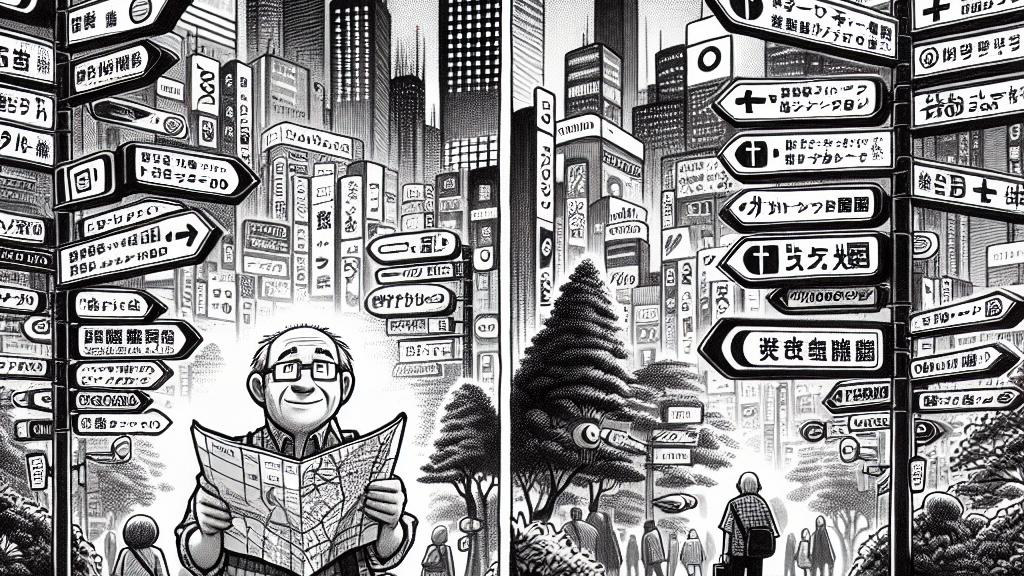Struggles of Finding Public Toilets in Tokyo
Overview
- Navigating Tokyo's public restroom landscape can be surprisingly challenging.
- Though numerous toilets exist, many individuals face frustrating delays and accessibility hurdles.
- Recent architectural innovations aim to redefine public restroom experiences across the city.

The Toilet Dilemma
In the electrifying heart of Tokyo, where dazzling lights illuminate bustling streets, the quest for a proper public restroom can feel like an unexpected challenge. Picture this: you're enjoying a delightful day at Ueno Park, and suddenly, the urgency to find a restroom sets in. It's shocking to discover that, despite the myriad of facilities scattered throughout the city, the reality can be quite different. Stories abound on social media, with residents recounting their frustrating experiences—one user humorously noted, 'I've navigated Tokyo's subway system like a pro, yet I'm still wandering aimlessly in search of a toilet!' This sentiment highlights the universal struggle many face in a city that prides itself on efficiency. Long lines, locked doors, and unclean standards can often overshadow what should be a simple human need.
Architectural Innovations
Fortunately, the initiative known as the 'Tokyo Toilet Project' has emerged as a beacon of hope, seeking to transform these restroom struggles into positive experiences. Imagine stepping into a public toilet designed by renowned architects, each aiming not just to meet basic needs but to create an inviting atmosphere that blends art and utility! For instance, in Shibuya parks, you'll find facilities showcasing modern materials, eco-friendly operations, and even privacy features where walls turn opaque when occupied. Some designs incorporate sustainable technology that cleans the toilets automatically—how's that for futuristic convenience? By reimagining public toilets, Tokyo is not just upgrading its facilities but is also looking to change public perceptions, transforming them from places of dread into spaces of comfort.
Inclusivity in Restroom Design
Yet, as we applaud these advancements, it’s essential to emphasize the need for inclusivity in restroom design. The principles behind the Americans with Disabilities Act (ADA) can offer invaluable guidance. Imagine accessible toilets equipped with spacious stalls, carefully designed to accommodate individuals with disabilities. Such designs could include grab bars for stability, lower sinks for wheelchair users, and Braille signage to assist those with visual impairments. Incorporating these elements isn't merely about fulfilling legal obligations; it's about cultivating a community that values each person's dignity and comfort. If Tokyo commits to fostering a restroom experience that is clean, accessible, and welcoming to all, it will undoubtedly make strides towards becoming an even more inclusive and caring city. This vision speaks volumes about what it means to live in a truly modern metropolis.

Loading...